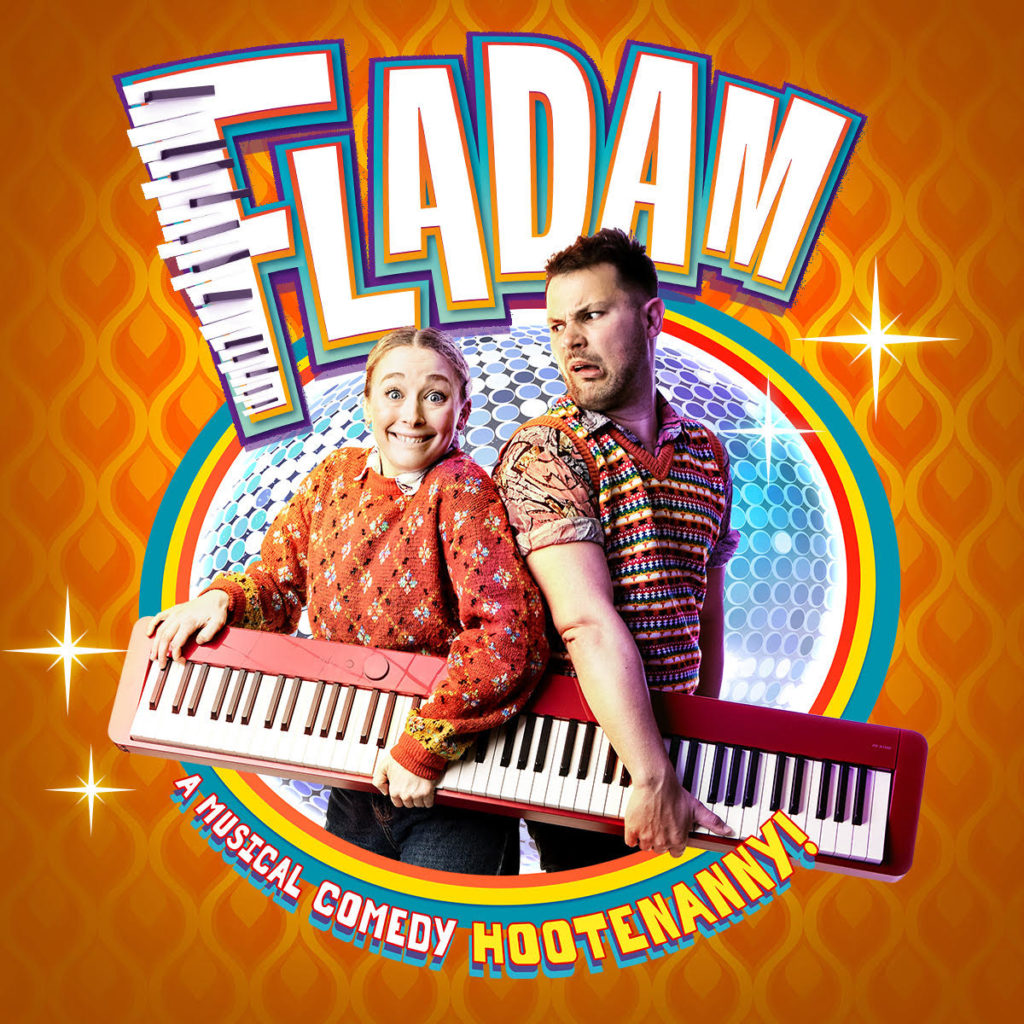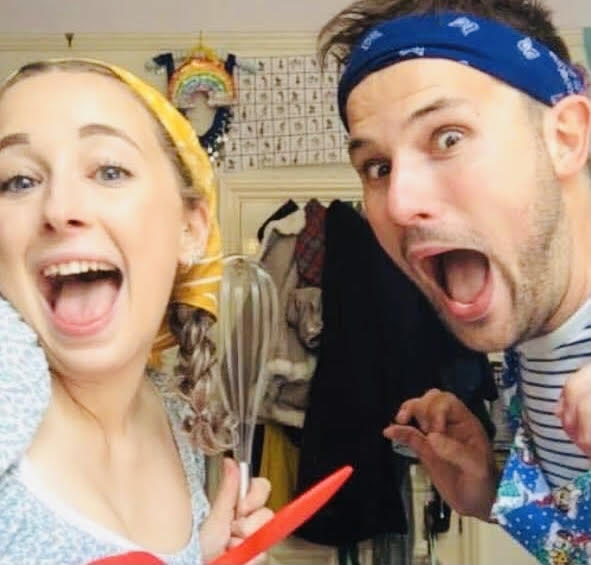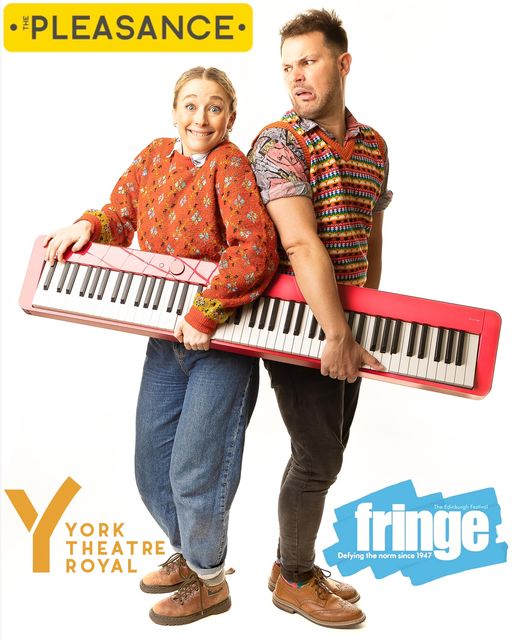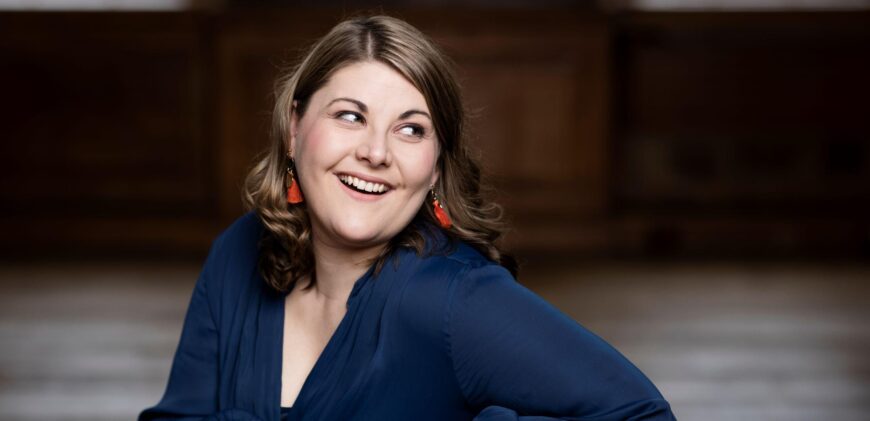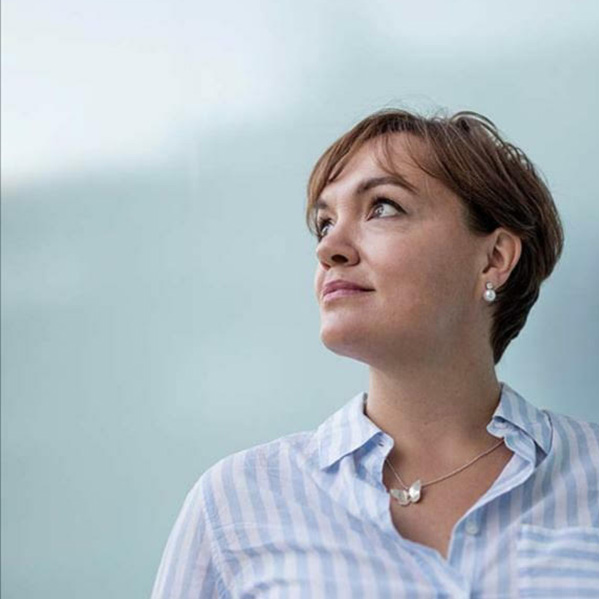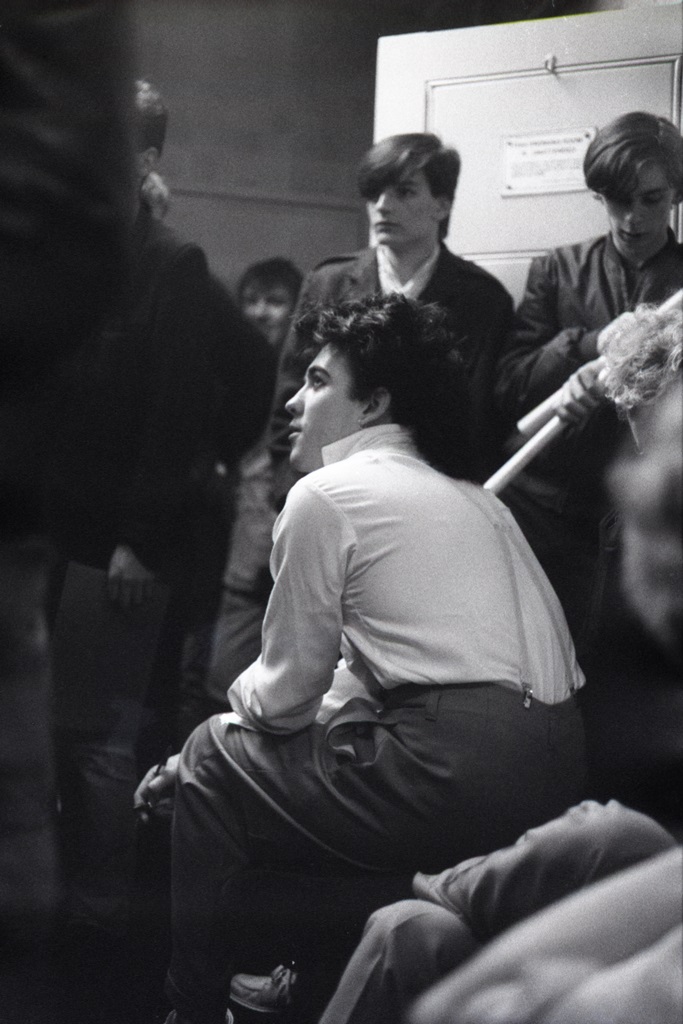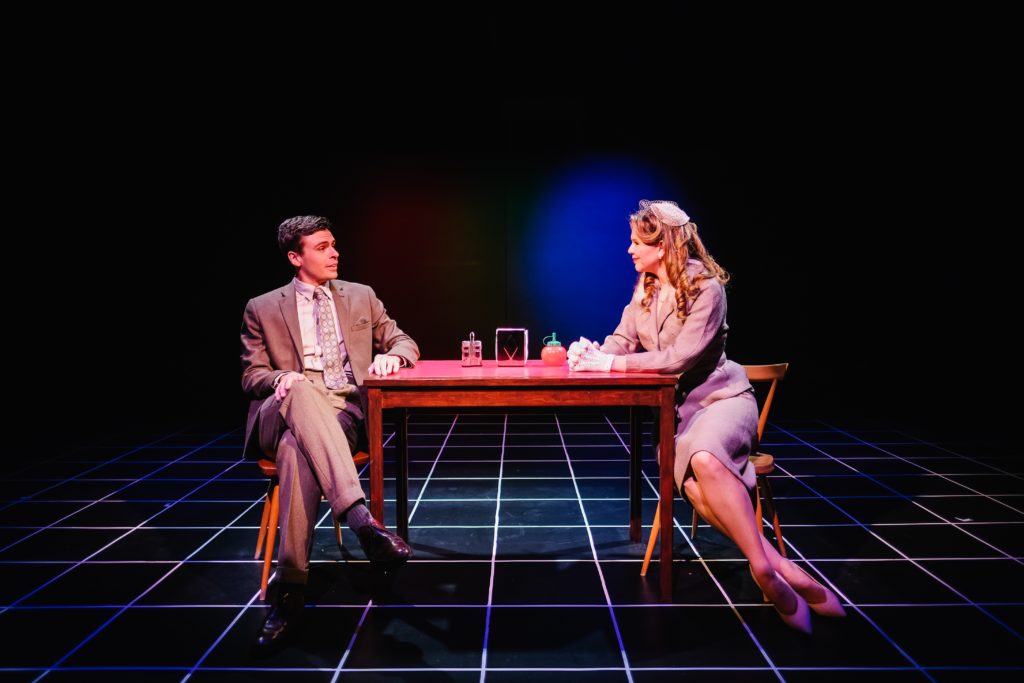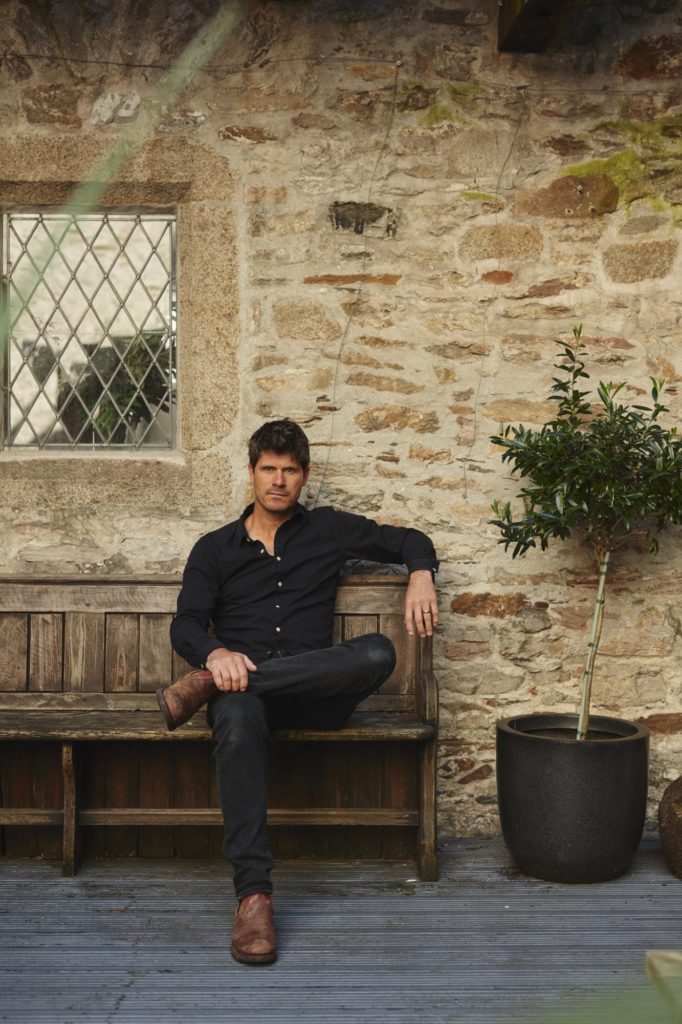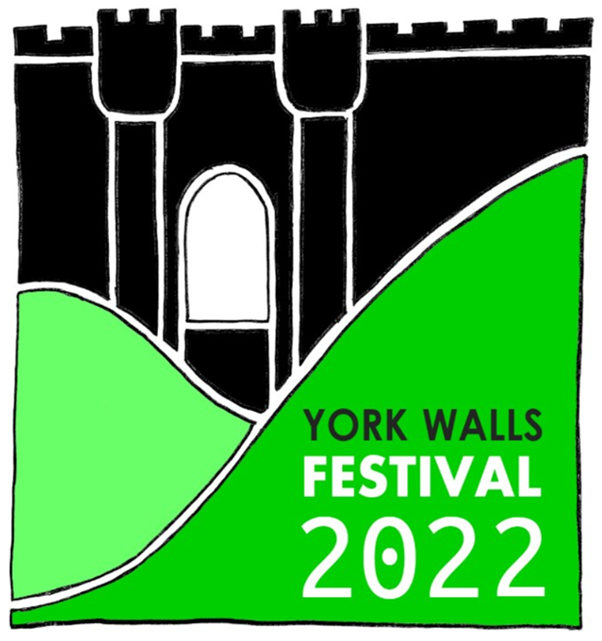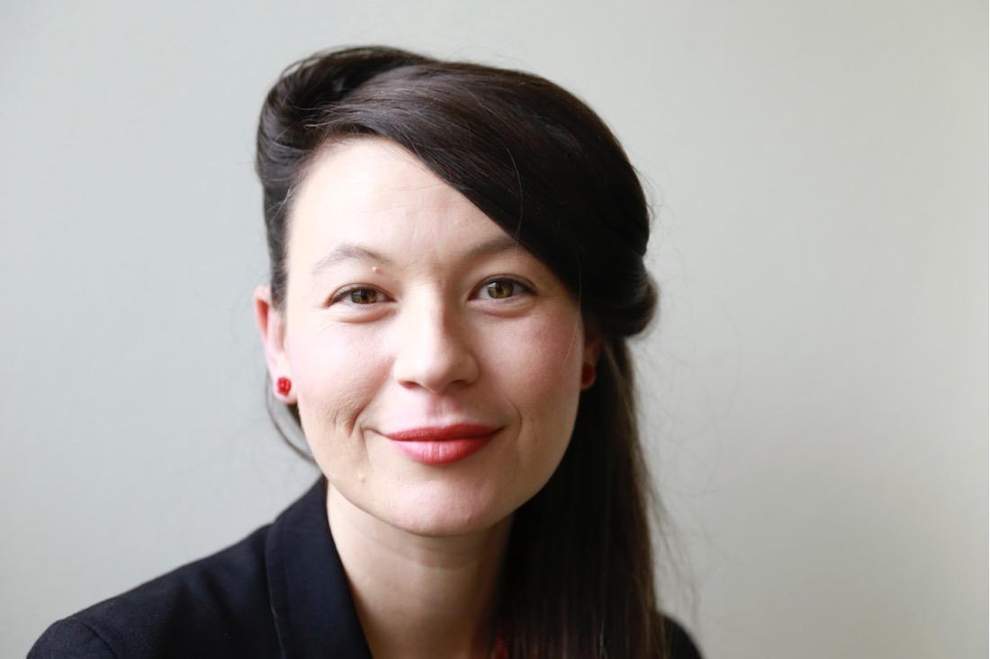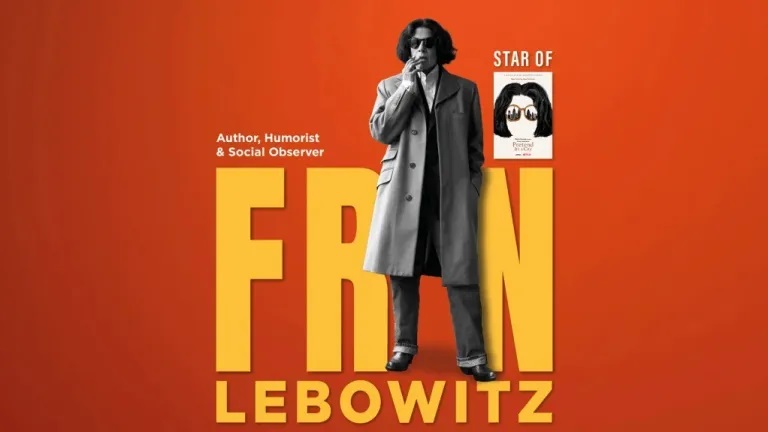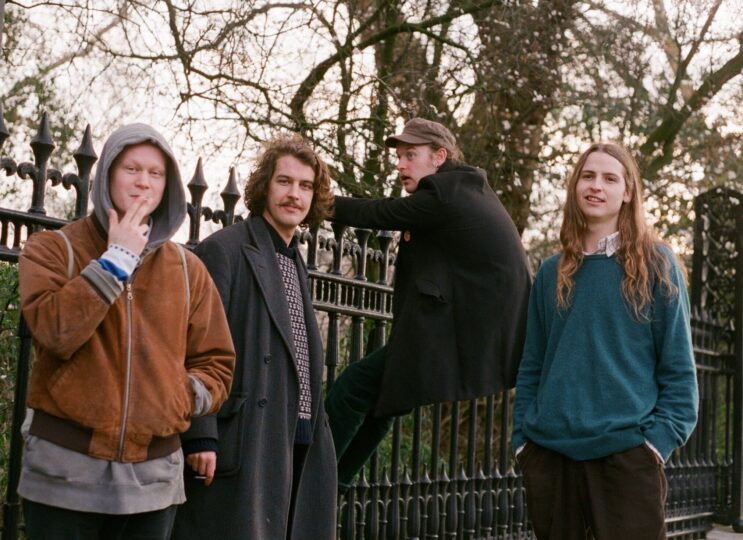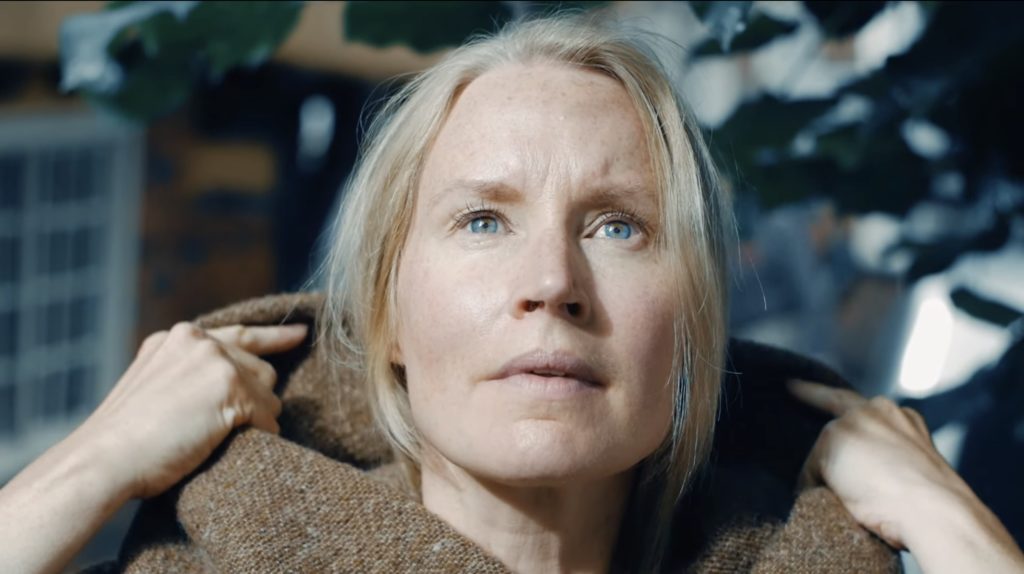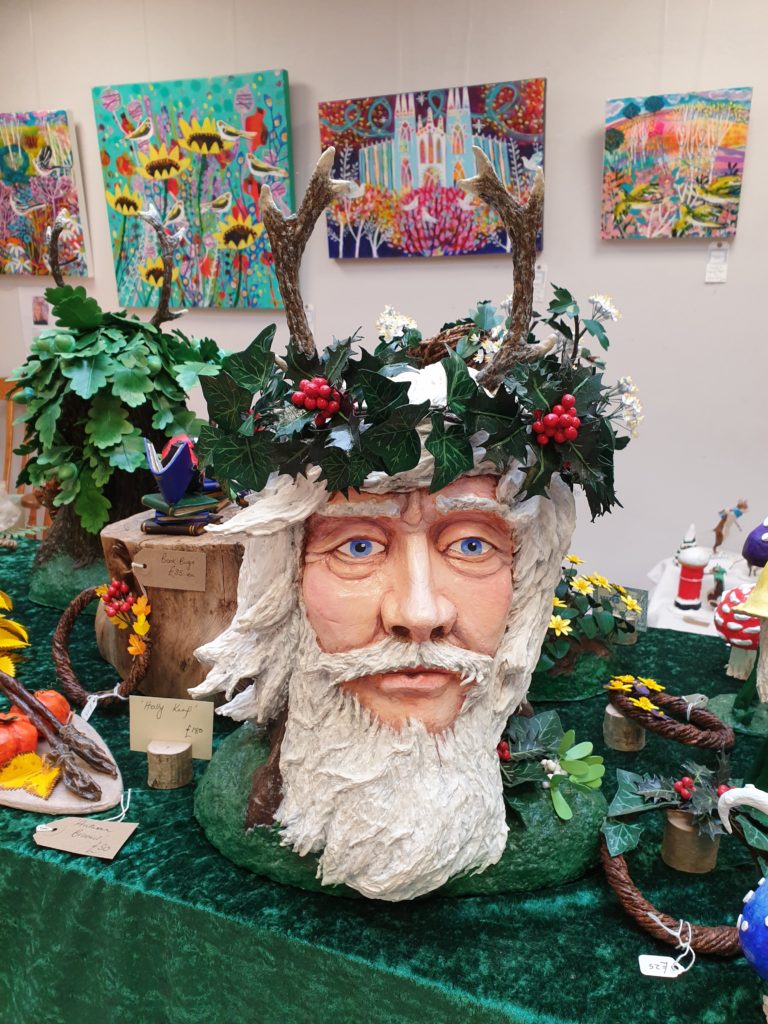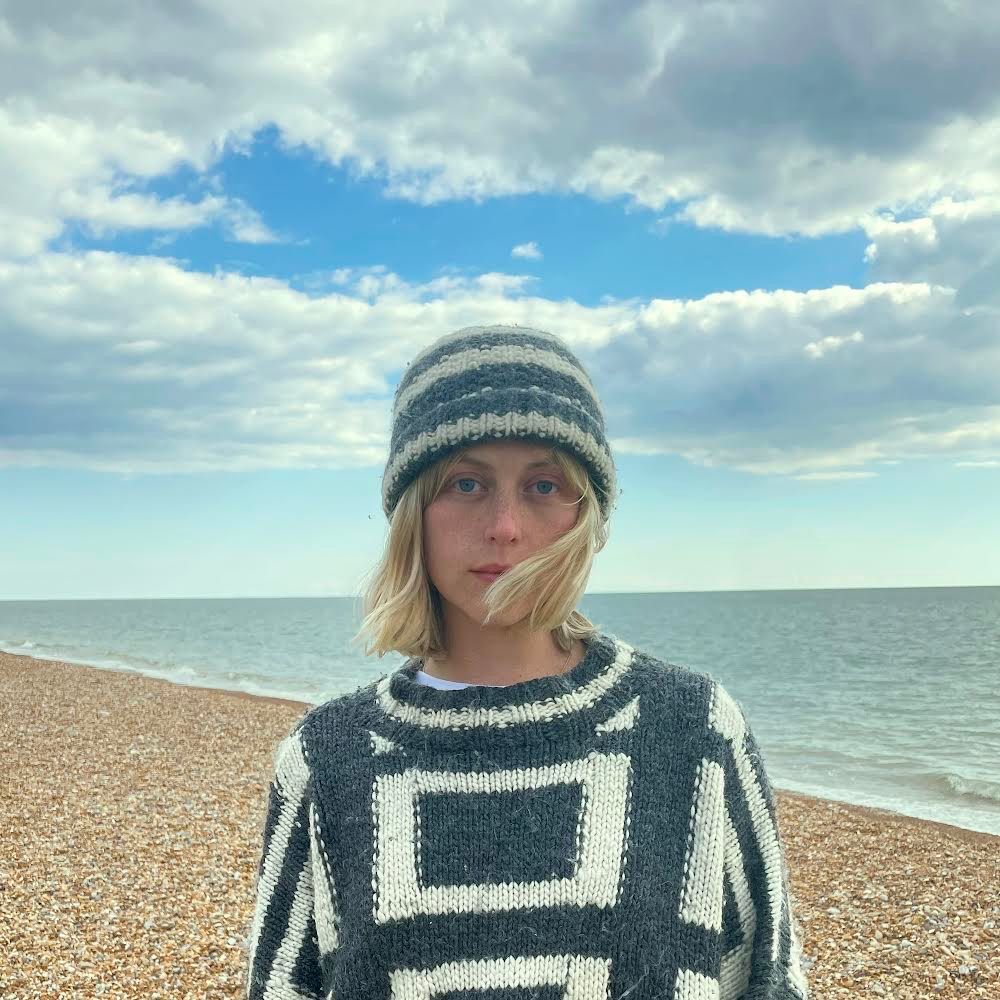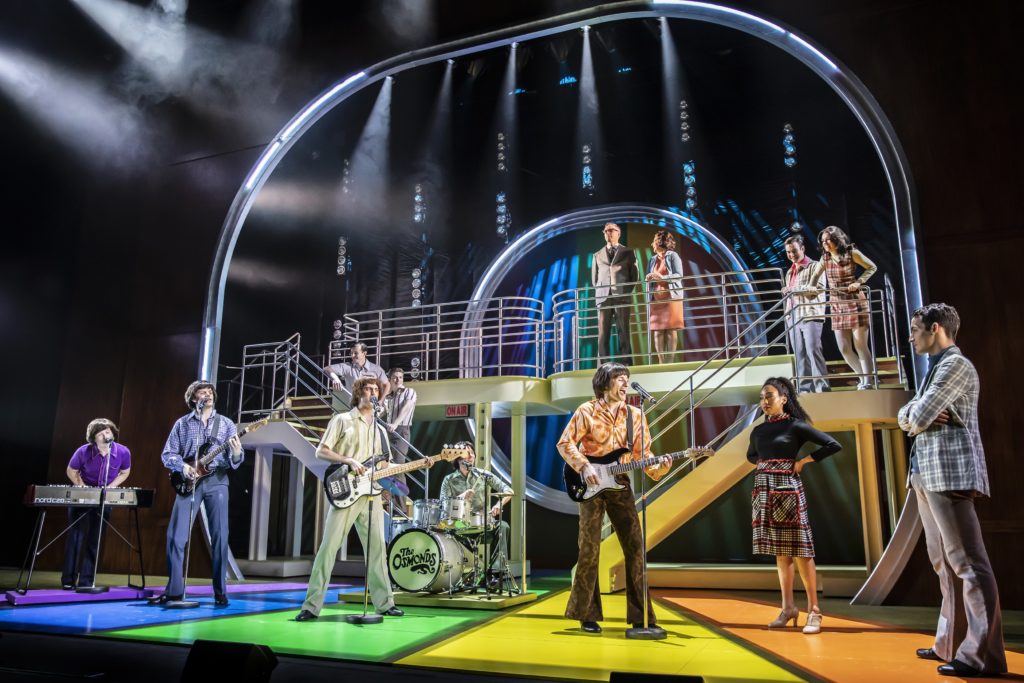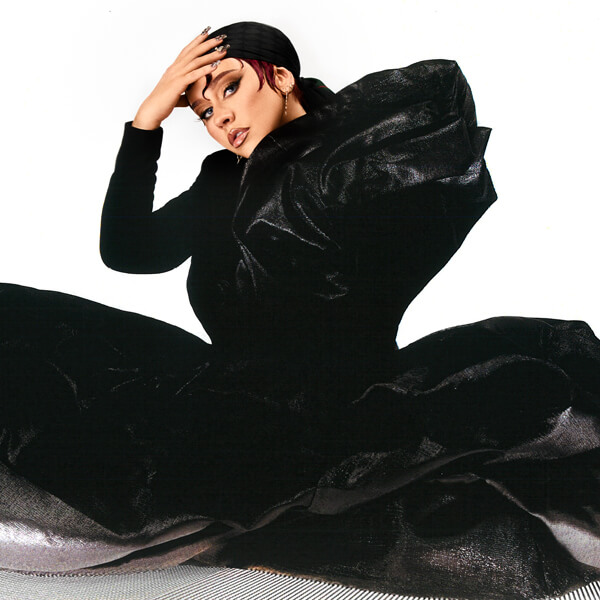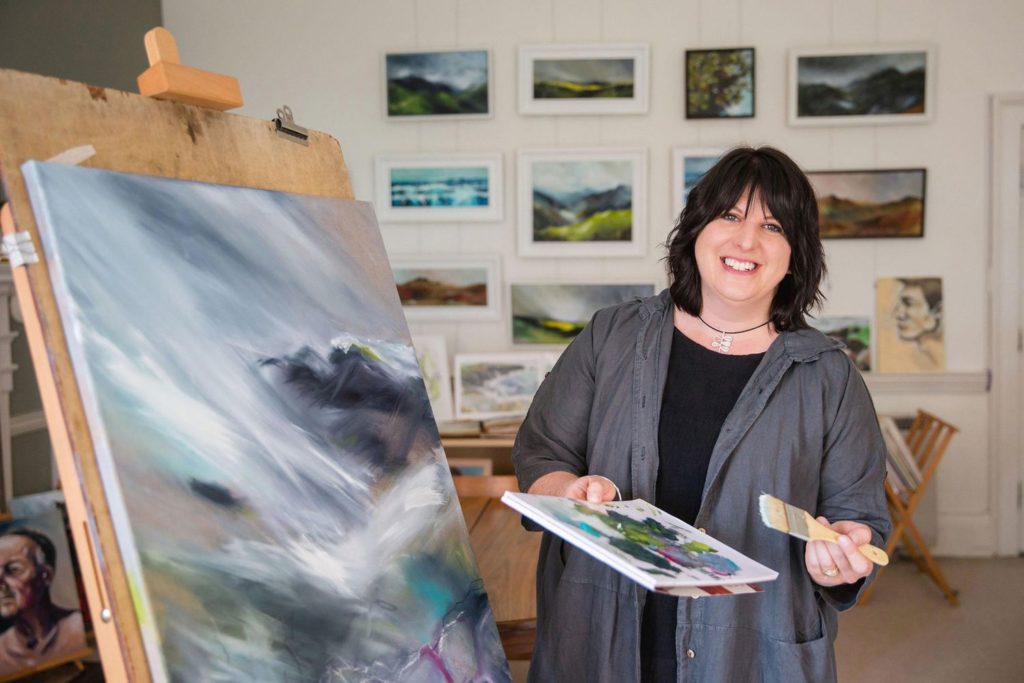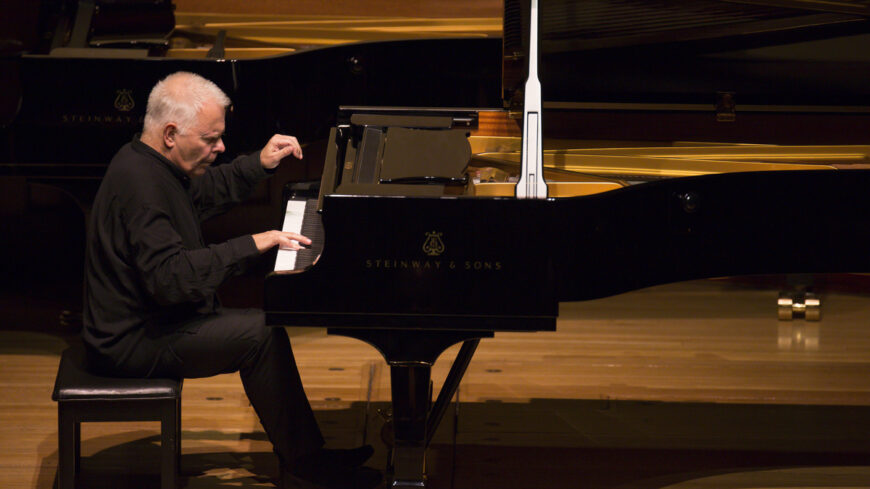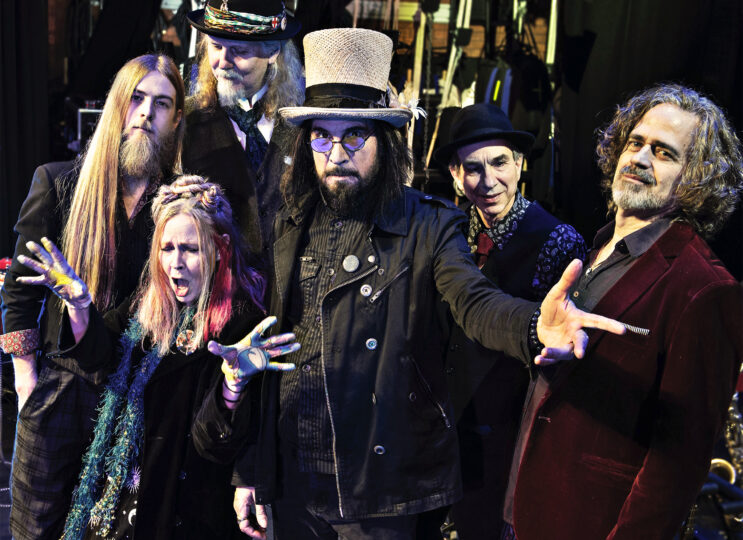
THIS is the holiday season, but not everyone is away, as Charles Hutchinson keeps one eye on August attractions, the other on autumn additions.
Woodstock vibe of the week: The Slambovian Circus Of Dreams, supported by Stan, The Crescent, York, Wednesday (17/8/2022), doors, 7.15pm
THE Slambovian Circus Of Dreams, purveyors of rootsy rockin’ psychedelia from Sleepy Hollow, New York, stretch the borders of Americana folk rock with their fantastic stories and performances.
Often described as “the Hillbilly Pink Floyd”, they visit The Crescent for the first time in support of their sixth album, A Very Unusual Head, released last January. Elements of Bob Dylan, David Bowie, The Incredible String Band, Syd Barrett and The Waterboys flavour their psychedelic sound. Box office: thecrescentyork.com.
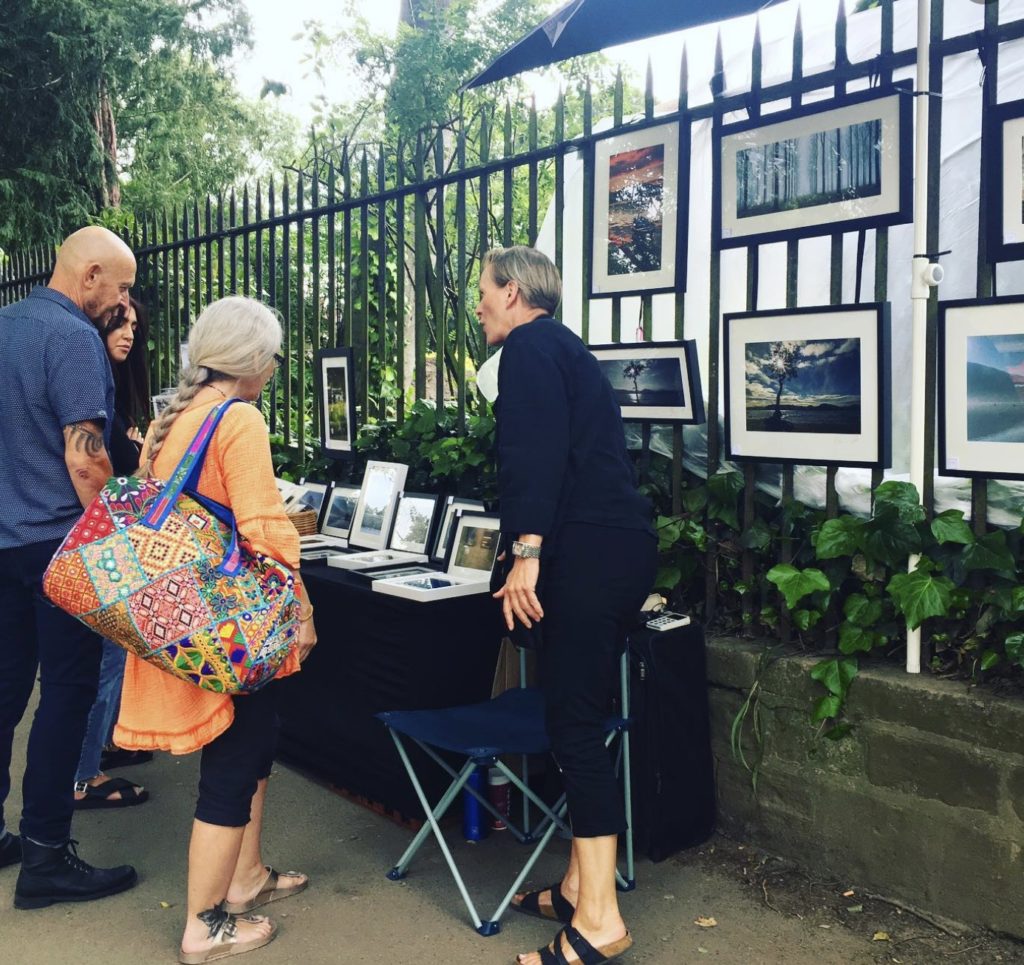
Art event of the weekend: York River Art Market, Dame Judi Dench Walk, by Lendal Bridge, River Ouse, York, today (13/8/2022) and tomorrow (14/8/2022), 10am to 5.30pm
YORK River Art Market’s seventh summer season is heading for a sunny finale by the Ouse as York’s answer to the Parisian Left Bank welcomes up to 30 artists and makers on both days this weekend. This open-air market provides the chance to browse and buy directly from those showcasing their creative wares along the riverside railings; entry is free.
Look out for paintings, prints, jewellery, textiles, glass work and ceramics. Among today’s artists will be regular participant Richard Smith with his Point Paper Art; tomorrow, Here Be Monsteras ceramicist Kayti Peschki and Cuban artist Leo Morey, who moved to York in 2018.
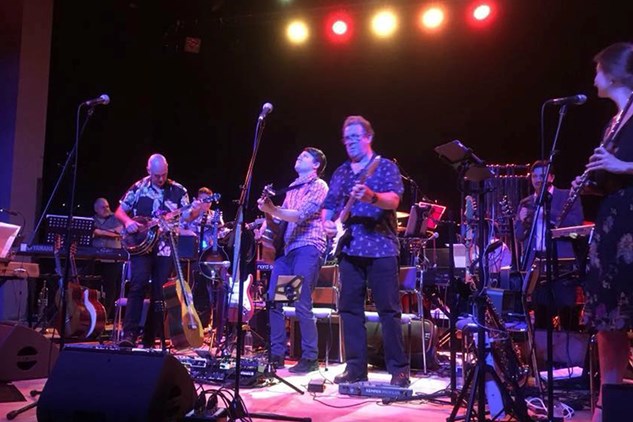
Tribute show of the week: Tubular Bells Live! with Phil Toms, Joseph Rowntree Theatre, York, tonight (13/8/2022), 7.30pm
PHIL Toms and his 12-piece band perform music from Mike Oldfield’s landmark 1973 record Tubular Bells – the one that launched Richard Branson’s Virgin Records label – complemented by highlights from his 50-year career, such as Moonlight Shadow, To France and Guilty.
Enjoy selections from Oldfield’s instrumental albums too, including Ommadawn, Return To Ommadawn, Islands, The Songs Of Distant Earth and Tubular Bells 2 and 3. Ticket update: limited availability on 01904 501935 or at josephrowntreetheatre.co.uk.
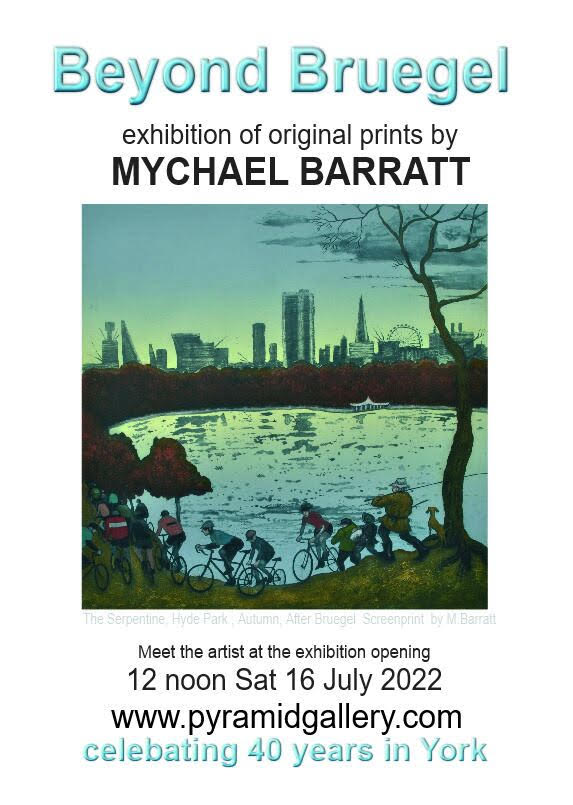
AS part of Pyramid Gallery’s 40th anniversary celebrations, curator Terry Brett made his regular trip to the Clink Press duo Mychael Barratt and Trevor Price’s studio, near Rotherhithe, London, returning north in a car filled with Barratt’s Beyond Bruegel and Price’s Bottles, Pots, Dots series of original prints. All works are for sale.

York festival of the week: Fully Fest 2022, The Fulford Arms, Fulford Road, York, August 20, 2pm (doors) to 11pm
THE Fully Fest welcomes Captain Starlet, The Rosemaries, Everything After Midnight, Tommyrot, City Snakes, The Rosettas, The Wreck Liners, Percy, Heartsink and Pat Butcher for a full-on day and night of live music at the Fulford Arms. Box office: thefulfordarms.com.
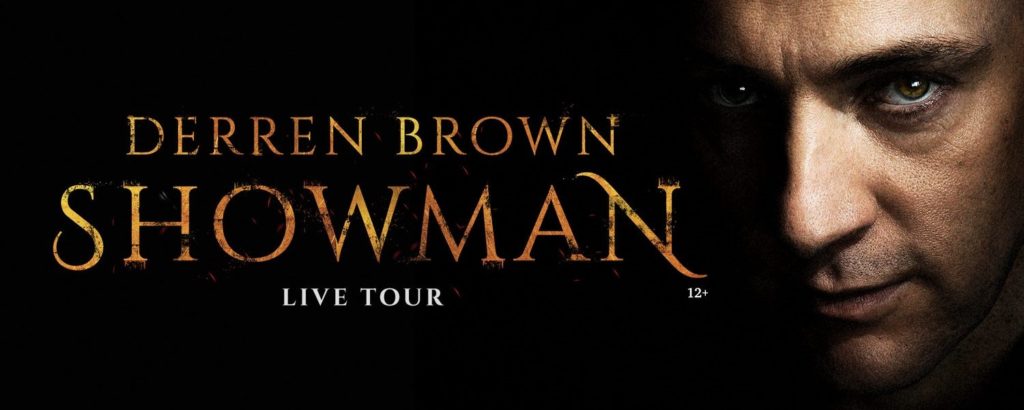
Mind games of the month: Derren Brown: Showman, Leeds Grand Theatre, August 23 to 27, 7.30pm and 2.30pm Saturday matinee
DERREN Brown, master of mind control and psychological illusion, is on tour with his first new theatre show in six years, Showman, in the wake of his Broadway debut.
The content remains a closely guarded secret, but Brown says: “The heart of the show is about remembering what’s important. Like how the very things that we find most isolating in life – our fears and difficulties – actually connect us. Framed with what I think will be some extraordinary demonstrations of my voodoo.” Box office: leedsheritagetheatres.com.
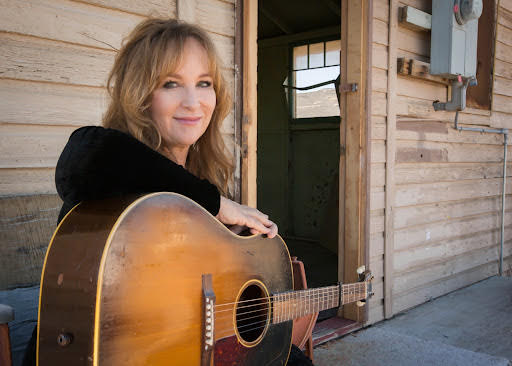
Americana gig of the month: Gretchen Peters, Leeds City Varieties Music Hall, August 29, 7.30pm
2022 marks the 25th anniversary of Nashville Songwriters Hall of Fame inductee Gretchen Peters first setting foot on a British stage. To honour this landmark, she returns this month with long-time musical partner and special guest Kim Richey in tow.
Coinciding with the August 19 release of her live album The Show: Live From The UK – recorded in 2019 with a Scottish female string quartet – Peters will be sharing stories and songs from her early touring days in the UK, complemented by favourites from later works. Box office: leedsheritagetheatres.com.
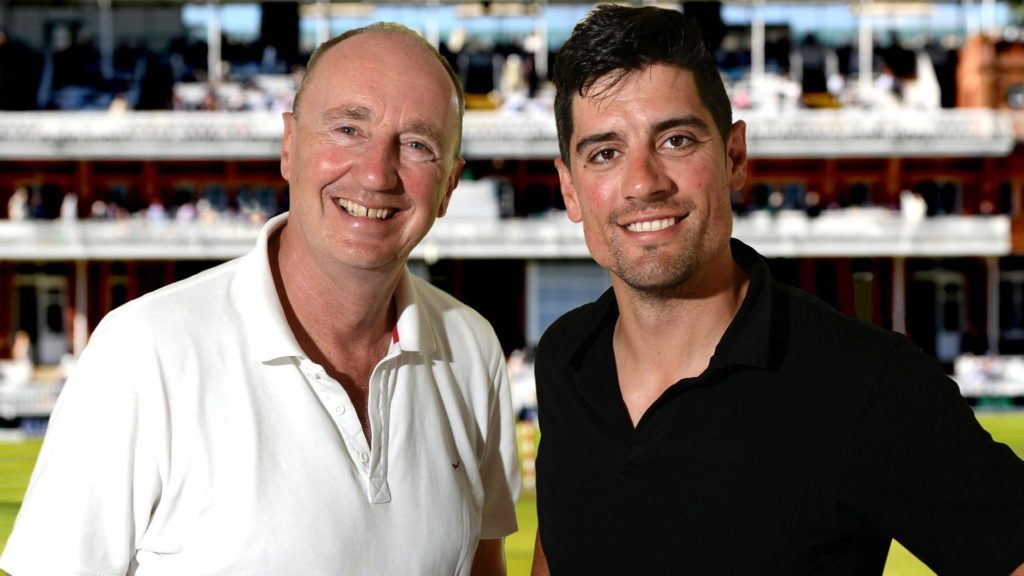
Cricketing double act: An Evening With Aggers & Cook, Grand Opera House, York, October 3, 7.30pm
BBC cricket correspondent Jonathan Agnew teams up with former England captain, record run-scorer, Test Match Special summariser and farmer Sir Alastair Cook for a night of willow-on-leather chat in in aid of the Professional Cricketers’ Association.
Aggers, who has partnered Sir Geoffrey Boycott, Phil Tufnell and Michael Vaughan in past chat shows, will encourage Cook to lift the lid on life in the England dressing room. Audience members can tweet the pair with questions for the second half. Box office: 0844 871 7615 or atgtickets.com/York.
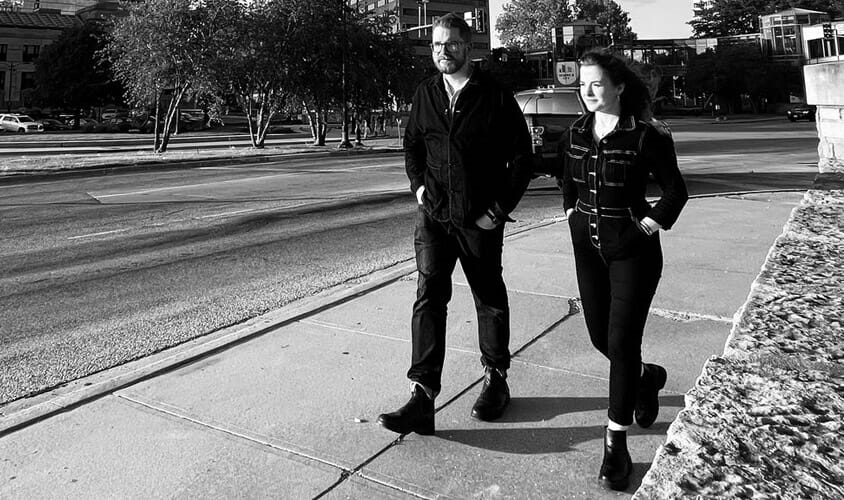
Autumn fruitfulness at the double: John Smith & Katherine Priddy, Selby Town Hall, November 3, 8pm
SONGWRITERS John Smith and Katherine Priddy will hit the road together for the first time in a November collaboration after a fortuitous encounter in a Kansas City hotel lobby earlier this year.
Since then, Devonian Smith and Birmingham-born Priddy have been testing the musical waters together in a galvanising new venture set to bloom on tour, when they will perform a mix of their own original songs. Box office: selbytownhall.co.uk.

